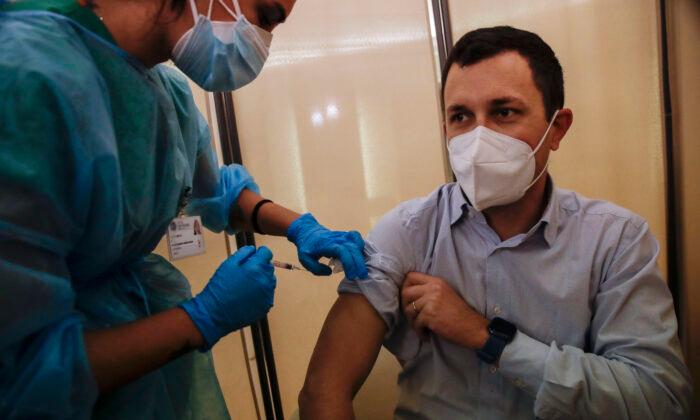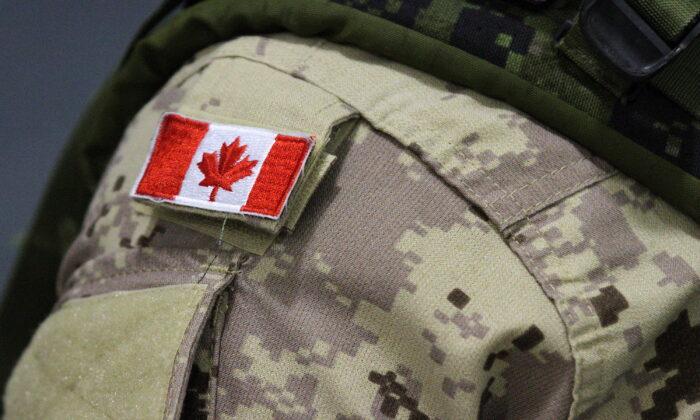Despite more testing being conducted to screen for influenza, the number of people tested positive for the flu is “exceptionally” low, says a governmental health report.
The flu vaccine—live attenuated influenza vaccines—contain a weakened influenza virus that protects against viruses that cause the flu—and is given as a nasal spray, the report says.
In total, 9,033 flu tests were performed during that week, which is over twice the average number compared to the same week over the past six years. But the percentage of people tested positive is a low 0.07 percent, a contrast to the average 3.7 percent over the same comparison period.
Likewise, only one out of 46 regions across Canada has reported the flu—the eight reported cases—but with no outbreaks.
To make sense of the difference, the report suggests the numbers could have been “influenced by the COVID-19 pandemic, including changes in healthcare-seeking behaviour, impacts of public health measures and influenza testing capacity.”
Meanwhile, public health officials and politicians have asked “every” Canadian to get vaccinated against influenza so that hospitals overwhelmed by COVID-19 don’t also get hit with a flu-season tsunami.
Demand for the flu vaccine also continues to surge across the country with the Public Health Agency of Canada working with suppliers to order more doses—a feat that could prove more difficult than it sounds.
In a written statement, an official from the federal agency said production of the flu vaccine is usually finished by the end of October. Canada can only find additional doses from other countries that ordered more than they can use, or possibly from suppliers who produced more doses per batch than expected.
“Discussions are continuing with Canada’s influenza vaccine suppliers to identify any additional vaccine that they may have available for Canada,” said the statement sent late Nov. 4.
It will not be until later this month or early in December that the agency will know if more doses can be found, the statement said.






Friends Read Free